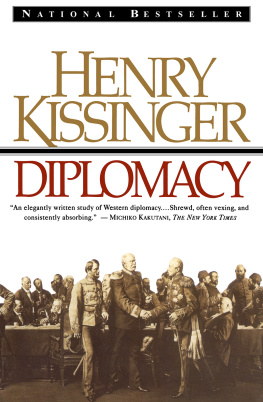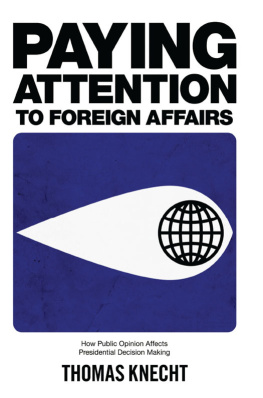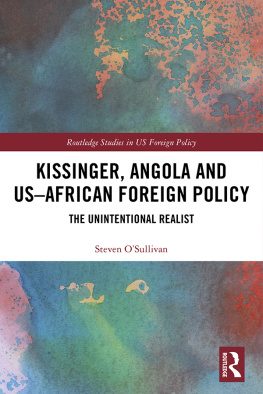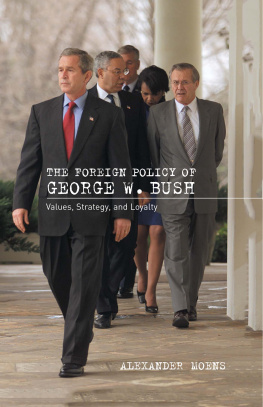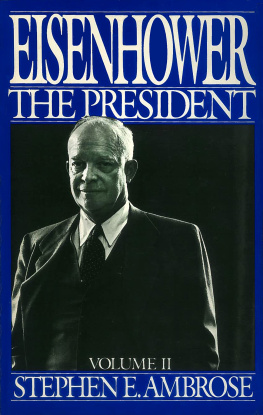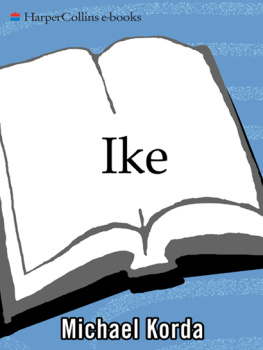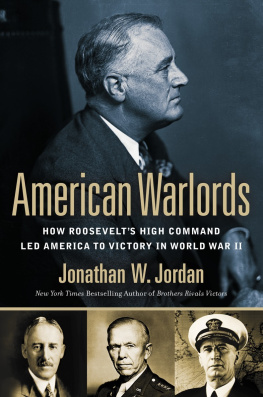Luke A. Nichter - The Last Brahmin: Henry Cabot Lodge Jr. and the Making of the Cold War
Here you can read online Luke A. Nichter - The Last Brahmin: Henry Cabot Lodge Jr. and the Making of the Cold War full text of the book (entire story) in english for free. Download pdf and epub, get meaning, cover and reviews about this ebook. City: New Haven, year: 2020, publisher: Yale University Press, genre: History. Description of the work, (preface) as well as reviews are available. Best literature library LitArk.com created for fans of good reading and offers a wide selection of genres:
Romance novel
Science fiction
Adventure
Detective
Science
History
Home and family
Prose
Art
Politics
Computer
Non-fiction
Religion
Business
Children
Humor
Choose a favorite category and find really read worthwhile books. Enjoy immersion in the world of imagination, feel the emotions of the characters or learn something new for yourself, make an fascinating discovery.

- Book:The Last Brahmin: Henry Cabot Lodge Jr. and the Making of the Cold War
- Author:
- Publisher:Yale University Press
- Genre:
- Year:2020
- City:New Haven
- Rating:4 / 5
- Favourites:Add to favourites
- Your mark:
The Last Brahmin: Henry Cabot Lodge Jr. and the Making of the Cold War: summary, description and annotation
We offer to read an annotation, description, summary or preface (depends on what the author of the book "The Last Brahmin: Henry Cabot Lodge Jr. and the Making of the Cold War" wrote himself). If you haven't found the necessary information about the book — write in the comments, we will try to find it.
The first biography of a man who was at the center of American foreign policy for a generation
Few have ever enjoyed the degree of foreign-policy influence and versatility that Henry Cabot Lodge Jr. didin the postwar era, perhaps only George Marshall, Henry Kissinger, and James Baker. Lodge, however, had the distinction of wielding that influence under presidents of both parties. For three decades, he was at the center of American foreign policy, serving as advisor to five presidents, from Dwight Eisenhower to Gerald Ford, and as ambassador to the United Nations, Vietnam, West Germany, and the Vatican.
Lodges political influence was immense. He was the first person, in 1943, to see Eisenhower as a potential president; he entered Eisenhower in the 1952 New Hampshire primary without the candidates knowledge, crafted his political positions, and managed his campaign. As UN ambassador in the 1950s, Lodge was effectively a second secretary of state. In the 1960s, he was called twice, by John F. Kennedy and by Lyndon Johnson, to serve in the toughest position in the State Departments portfolio, as ambassador to Vietnam. In the 1970s, he paved the way for permanent American ties with the Holy See. Over his career, beginning with his arrival in the U.S. Senate at age thirty-four in 1937, when there were just seventeen Republican senators, he did more than anyone else to transform the Republican Party from a regional, isolationist party into the nations dominant force in foreign policy, a position it held from Eisenhowers time until the twenty-first century.
In this book, historian Luke A. Nichter gives us a compelling narrative of Lodges extraordinary and consequential life. Lodge was among the last of the wellheeled Eastern Establishment Republicans who put duty over partisanship and saw themselves as the hereditary captains of the American state. Unlike many who reach his position, Lodge took his secrets to the graveincluding some that, revealed here for the first time, will force historians to rethink their understanding of Americas involvement in the Vietnam War.
Luke A. Nichter: author's other books
Who wrote The Last Brahmin: Henry Cabot Lodge Jr. and the Making of the Cold War? Find out the surname, the name of the author of the book and a list of all author's works by series.

